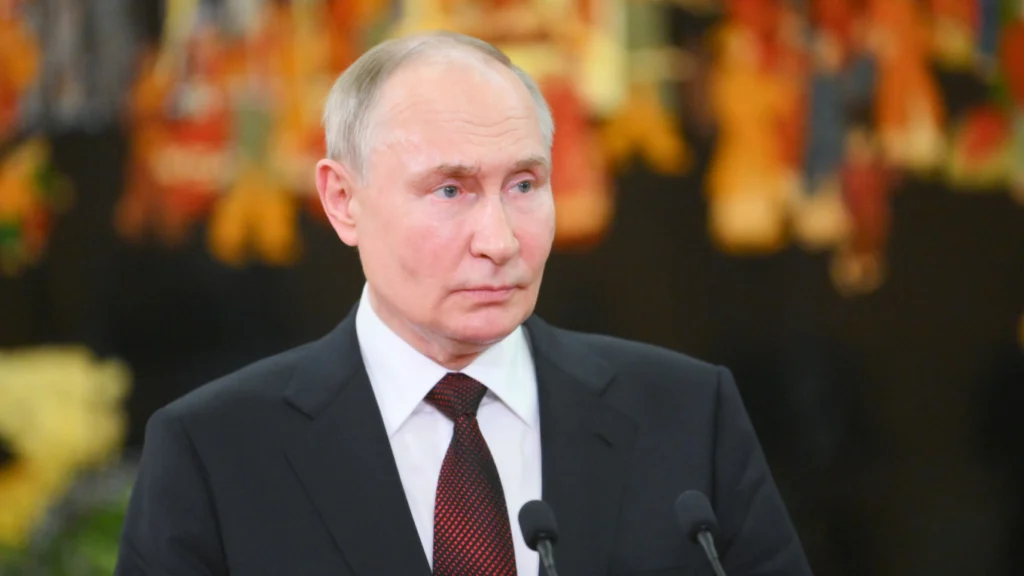The warning came after Germany’s chancellor-in-waiting, Friedrich Merz, said he was open to supplying them to Kyiv. A Taurus “strike against any Russian facility of critical transport infrastructure… all of this would be regarded as direct participation of Germany in hostilities,” foreign ministry spokeswoman Maria Zakharova told journalists.
The Kremlin issued a similar warning to Berlin on Monday, saying supplies of Taurus missiles risked further escalation in the more-than-three-years-old conflict. Outgoing chancellor Olaf Scholz had ruled out sending the missiles to Kyiv, but Merz said on Sunday he was open to the idea provided Germany agreed it with its European partners.
Britain has already said it will support Germany if it decides to send the missiles. Russia has long criticised Western countries for supplying long-range weapons to Ukraine, arguing Kyiv uses them to strike targets deep inside Russian territory.
Both the United States and the UK have supplied long-range missiles to Ukraine. However, Taurus missiles have a longer range and can strike targets up to 500 kilometres (310 miles) away. German Defence Minister Boris Pistorius, from Scholz’s SPD, remained cautious on the issue at a party event in Hanover this week.
“There are good arguments for the delivery and use of Taurus missiles. And there are many arguments — good arguments — against it,” he said. Pistorius looks set to retain his post in Germany’s new government due to be sworn in on May 6, a coalition between the SPD and Merz’s conservative CDU/CSU alliance.
However, other members of the SPD have been less equivocal. “We have always been against it,” Matthias Miersch, the party’s general secretary, said on public television on Wednesday. “I assume that we do not want to contribute to an escalation here, that we do not want to become a warring party,” he said, echoing Scholz’s long-held concerns.
Platform with AFP



